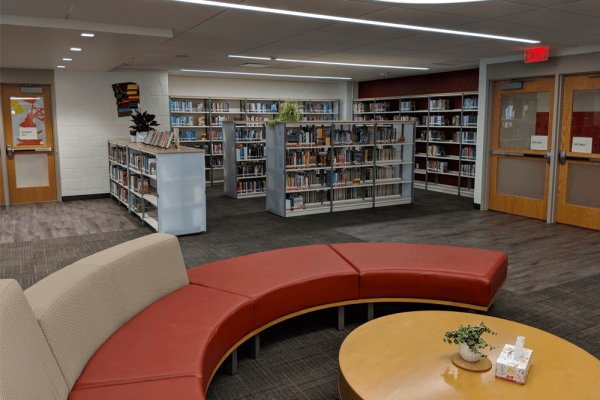Feb 9, 2022
Over the course of three school board meetings in the months that followed, parents argued that the books’ sexual content constituted “pornographic” material that didn’t belong in schools. Many parents cited their Christian values and rights as reasons why they spoke out against the books.
Read the Full Article

Already a subscriber? Login
